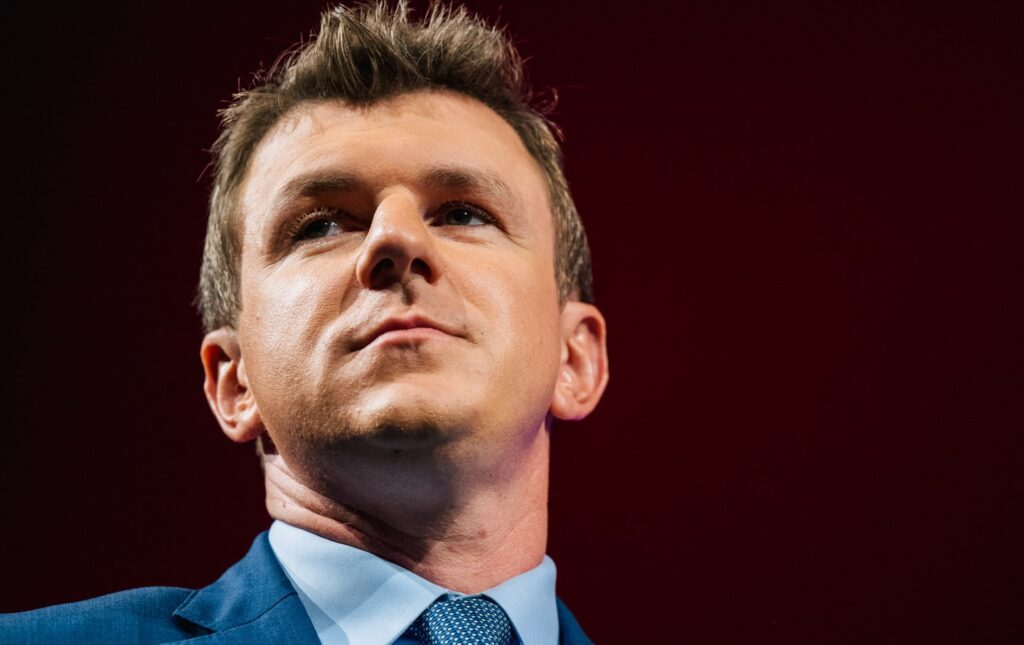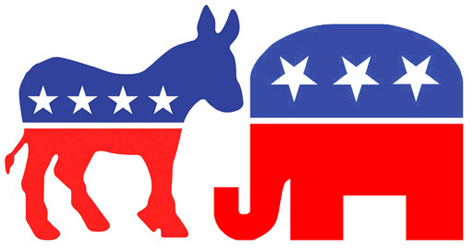In the complex landscape of American politics, the influence of money cannot be overstated. Super Political Action Committees (Super PACs) have become significant players, channeling vast sums of money into elections and legislative battles. Among the most prominent Super PACs are ActBlue and WinRed, representing the Democratic and Republican sides of the political spectrum. These organizations use “dark money” to sway elections, raising concerns about transparency and the integrity of the democratic process.
Super PACs, unlike traditional PACs, can raise and spend unlimited amounts of money to advocate for or against political candidates. However, they are prohibited from directly coordinating with the candidates they support. This loophole allows for substantial financial influence on elections, often through advertising and other campaign-related activities.
“Dark money” refers to political spending by nonprofit organizations that are not required to disclose their donors. This lack of transparency means that voters cannot determine who is influencing their choices at the ballot box.
In May of this year OMG (O’Keefe Media Group) exposed how major parties are exploiting these entities. They point out how foreign donations are laundered into the American political system.

ActBlue is a nonprofit technology organization that facilitates donations to Democratic candidates, progressive organizations, and causes. While ActBlue functions as a conduit for directing funds to Super PACs and other political entities. Since its inception, ActBlue has bolstered Democratic fundraising by providing a streamlined, user-friendly platform for small-dollar donations.
Despite its positive impact on grassroots fundraising, ActBlue has faced criticism for its association with dark money. Critics argue that ActBlue claims to promote transparency in individual donations. However, it enables large-scale, anonymous contributions to flow through affiliated Super PACs. These funds are used to influence elections without clear disclosure of the donors’ identities. This leads to concerns about the potential for undue influence by wealthy individuals, foreign countries and special interest groups.
The Republican Party launched WinRed, a similar platform aimed at boosting small-dollar donations to GOP candidates and causes. WinRed has quickly become a crucial tool for Republican fundraising, mirroring ActBlue’s model of facilitating contributions from individual donors.
Like ActBlue, WinRed is linked to Super PACs that benefit from dark money contributions. While WinRed channels funds to organizations that engage in substantial political spending without disclosing their donors. This practice has drawn criticism from those who argue that it undermines the transparency and fairness of the electoral process.
Dark Money Infusion
The infusion of dark money into American politics has significant implications for elections and legislative outcomes. Super PACs wield considerable power in shaping public opinion and influencing voter behavior. This financial muscle allows them to saturate media markets with advertising. This often drowns out the voices of candidates with fewer resources.
Furthermore, dark money can sway legislative priorities by funding lobbying efforts and supporting candidates who align with specific policy agendas. This creates a potential for quid pro quo arrangements. Elected officials may feel beholden to the interests of their largest financial backers rather than to their constituents.
The growing influence of dark money in politics has prompted calls for reform from across the political spectrum. Voters have a right to know who is funding political campaigns and influencing policy decisions. Reform should include requiring more stringent disclosure of donors and limiting the amount of money that can be contributed anonymously.
Uniparty Political Fundraising
ActBlue and WinRed exemplify the dual-edged nature of modern political fundraising. They have facilitated the flow of dark money into American politics. The fight for transparency and the role of money in democracy remains more relevant than ever. Let us require that elections and legislation are guided by the will of the people. Exposing the financial interests of the few, is a crucial challenge for the future of the American Republic.


